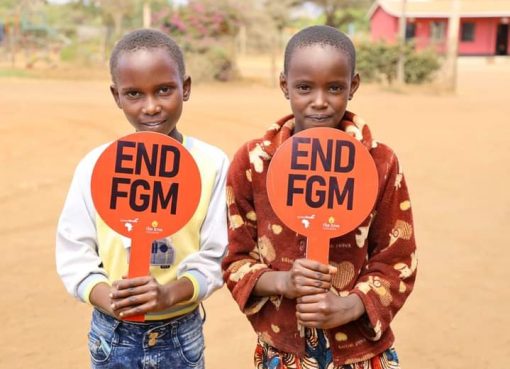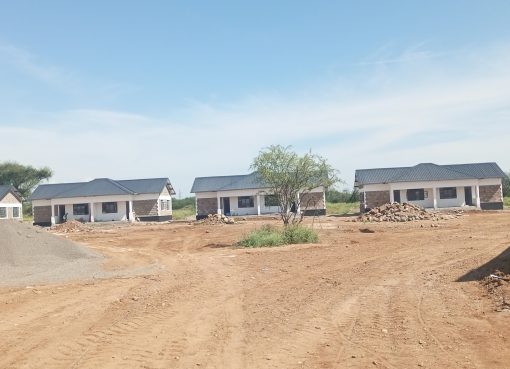Narok Governor Samuel Tunai has asked parents who cannot afford to take their children back to school to speak out to get help from the relevant government offices in a bid to get bursary for their children.
Tunai warned parents against keeping their children at home during this season that schools are opening for the first term, saying there are many departments that offer help to the needy children.
“Take advantage of the money given through the National Government Constituency Development Fund (NG.CDF), bursary given through the Education and Children’s department among other nongovernmental organizations,” said Tunai.
He spoke today at Nkaretta area where he asked parents whose girls had fallen pregnant not to give up on them but instead take them to school as they have the potential of becoming great persons in the society.
Governor Tunai reiterated that his administration has issued Sh60 million to be given as bursary to the needy students through the Members of County Assembly (MCAs).
“The MCAs know the neediest pupils in their wards. There is no child who should stay at home because his or her parents cannot afford to pay school fees,” he said.
He called upon youth training in the cultural Maasai ceremonies commonly known as Emanyatta to go back to school saying those who fail to return their children to school risk being arrested.
The County government of Narok allocated Sh270 Million for improvement of infrastructure in schools and Sh200 million proposed for bursary to the needy students in line with helping to combat Covid-19 virus in schools during the current financial year.
At the same time, the Narok County Commissioner Evans Achoki asked chiefs to be vigilant and ensure that all school going girls within their areas of jurisdiction go back to school.
Achoki warned parents who fail to take their children to school that they risk being arrested and prosecuted in court of law.
In the year 2014, the Kenya Demographic Health Survey (KDHS) ranked Narok County highest nationally in teenage pregnancy at 40 per cent, way above the national average of 18 per cent.
By Ann Salaton





